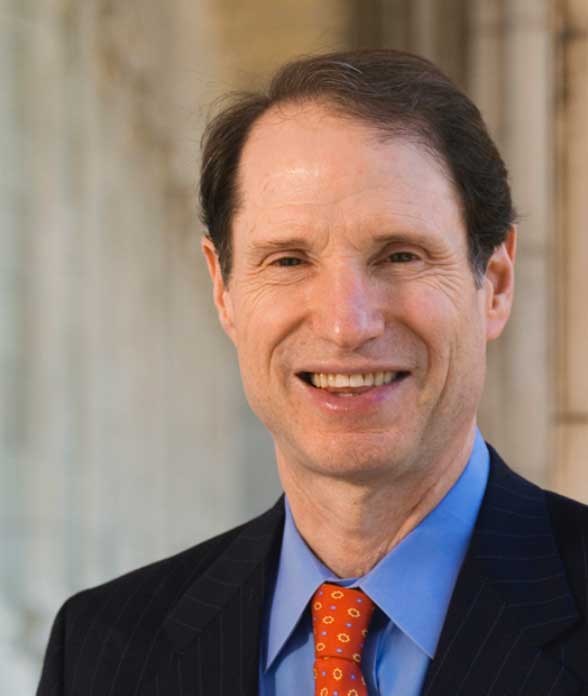Federal agencies drilled over interpretation of payer coverage for COVID-19 testing while lawmakers consider apportioning billions in additional funds for coronavirus testing.
Two significant pieces of legislation passed during the COVID-19 pandemic most affect how COVID-19 related testing is to be paid by insurers. The Families First Coronavirus Response Act (FFCRA) and the Coronavirus Aid, Relief, and Economic Security (CARES) Act both address payment for these tests. The FFCRA requires insurers to pay for diagnostic SARS-CoV-2 testing at no cost to the insured, while the CARES Act expands the services that insurers must cover without cost sharing, and the CARES Act requires clinical laboratories to make the “cash price” of COVID-19 testing public.
As previously reported by the COVID-19 STAT Intelligence Briefings Service, insurers resisted absorbing COVID-19 test payments, taking measures to reduce the circumstances in which they pay (See “Clinical Laboratories May be Affected by Health Insurers’ Push to Reduce Their Payment Obligations for COVID-19 Tests“).
In response to the lobbying and actions of the health insurance industry, the Department of Labor (DOL), Department of Health and Human Services (HHS), and Department of the Treasury (USDT) then provided joint guidance for health coverage issues relating to COVID-19 (See “Federal Agencies Answer Frequently Asked Questions About Implementation of Health Coverage Issues Related to COVID-19“). This document was released June 23, 2020, as “FAQs About Families First Coronavirus Response Act And Coronavirus Aid, Relief, and Economic Security Act Implementation Part 43″.
Following the release of the joint federal guidance, Democrats in Congress released a letter dated July 7 to the three federal departments to protest the limitations set forth in the June 23 interpretation. At the core of the argument was that this guidance wrongly allowed insurers to not cover testing performed for acquiring epidemiological data or screening for employers.
The July 7 letter was signed by House Energy and Commerce Chairman Frank Pallone, Jr. (D-NJ), House Education and Labor Chairman Robert C. “Bobby” Scott (D-VA), House Ways and Means Chairman Richard E. Neal (D-MA), Senate Health, Education, Labor, and Pensions (HELP) Ranking Member Patty Murray (D-WA), and Senate Finance Ranking Member Ron Wyden (D-OR).

Senate Finance Ranking Member Ron Wyden (D-OR) is part of a group that is protesting recent interpretation and guidance around health insurers’ COVID-19 testing payment obligations. (Photo source: wyden.senate.gov)
“The Departments of HHS, Labor, and the Treasury issued updated guidance providing the additional clarification that COVID-19 testing for surveillance or employment purposes are not required to be covered,” the members of Congress wrote. “The requirement that the testing be ‘primarily intended for individualized diagnosis or treatment of COVID-19’ was not included in the statutory language of the Families First Act and the CARES Act.”
The letter went on to explain, “This interpretation of the Families First Act is not supported by the statute, which makes clear that health plans are required to cover, without any conditions or limitations, the specified items and services related to diagnostic tests for the detection of COVID-19.”
Members of Congress further expressed concerns about insurers refusing to pay for other forms of COVID-19 testing. “A number of insurers are declining to provide coverage of COVID-19 serology testing,” they wrote. “Some insurers are providing coverage only for people who exhibit symptoms consistent with COVID-19, and are refusing to provide coverage of tests for asymptomatic individuals, including as part of public health monitoring efforts.”
They concluded by requesting changes to the guidance, “We request that HHS, Labor, and the Treasury immediately reexamine their June 23, 2020, guidance and clarify the obligations of health plans to provide coverage of COVID-19 diagnostic and serologic tests without cost sharing in all circumstances.”
As more is learned about new federal coronavirus relief funding, rules could change rapidly. The volume of SARS-CoV-2 diagnostic and serological tests will be impacted by the guidelines that insurers are held to, as patients use coverage in making their decision to pursue testing. Clinical laboratories will be greatly affected by both changes in test volumes and changes in the way tests are covered.
Pathologists and lab managers should stay apprised of changes as they occur and, if possible, lobby for guidelines that provide the greatest amount of coverage for the populations they serve.

—By Caleb Williams, Editor, COVID-19 STAT
Related Resources:
Senate GOP and White House strike deal on $16 billion for coronavirus testing
Senate Republicans, White House near agreement on coronavirus relief package
Congressional Letter to HHS, USDT, and DOL
Bloomberg: Health Insurers Seek to Bend Curve on Covid Testing Prices






